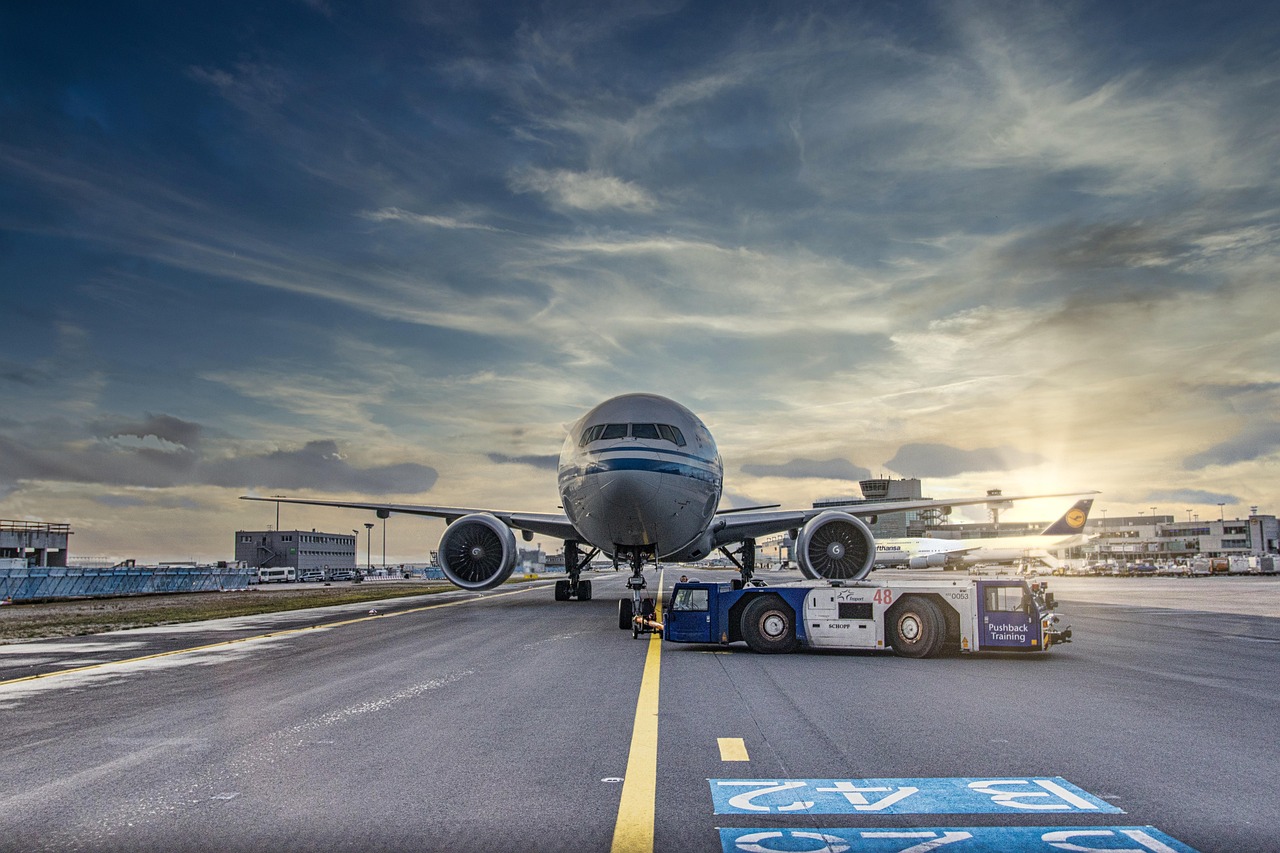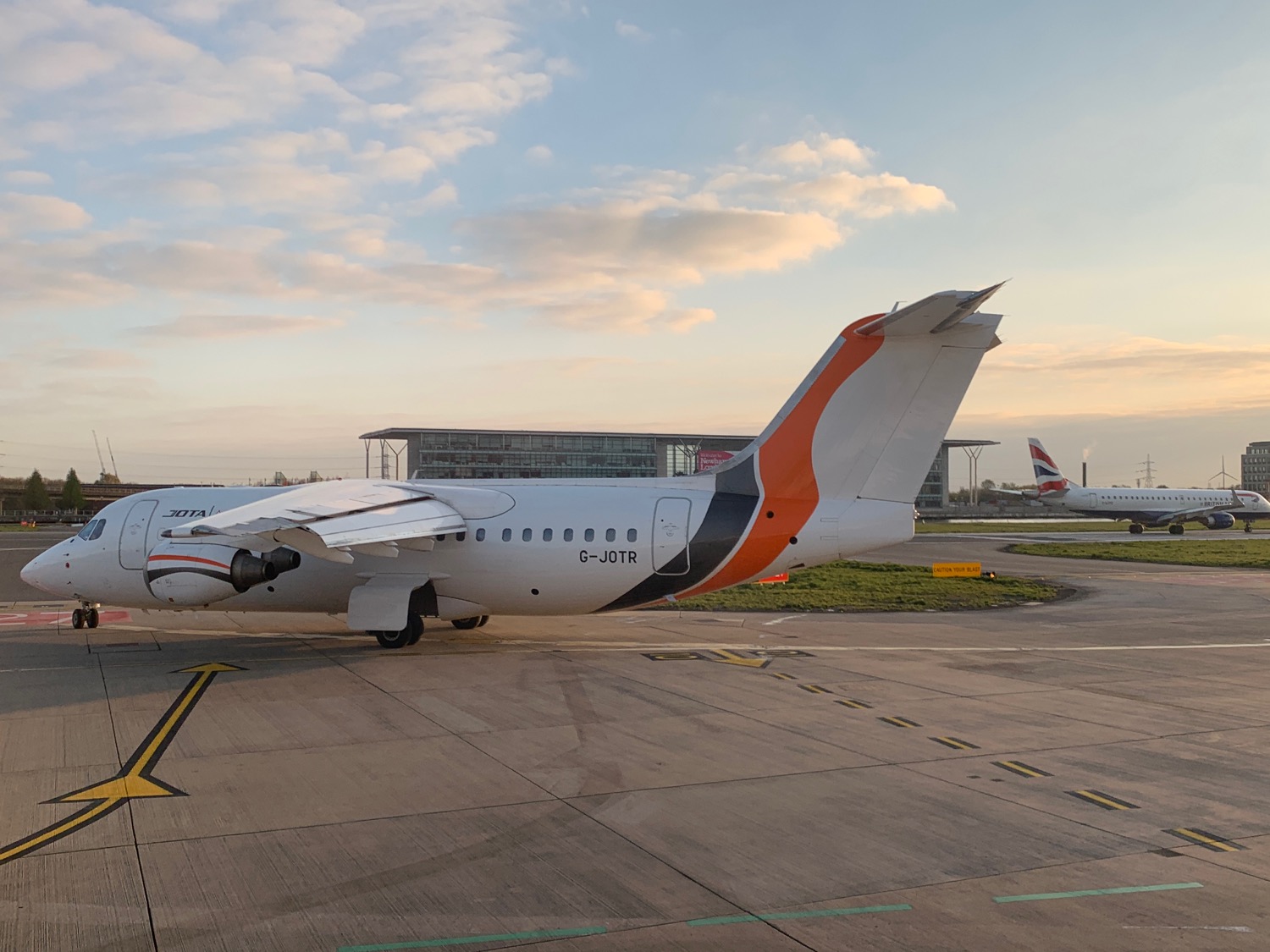
Streamlining Airport Operations with Advanced Digital Solutions
Intelligent solutions simplifying airport operations and financial control

Intelligent solutions simplifying airport operations and financial control

CorePeelers will serve as a primary partner for Unifly in collaborating with Indian government agencies, defense organizations, public sector undertakings, and air navigation service providers, facilitating the integration of technology with India’s Digital Sky framework

In the rapidly changing aviation industry, achieving operational excellence is not just a goal it is a necessity. Stakeholders encounter unprecedented challenges due to increasing passenger volumes, rising expectations, and intricate airport systems

Airports are swiftly leveraging the capabilities of APIs to revolutionize the aviation landscape, facilitating smooth data interchange and groundbreaking efficiencies. By offering access to real-time data—like flight statuses, gate assignments, baggage tracking, weather updates, and passenger movements—airport APIs enable the automation and integration of essential airport and airline functions, ranging from check-in and boarding to ground logistics and maintenance.